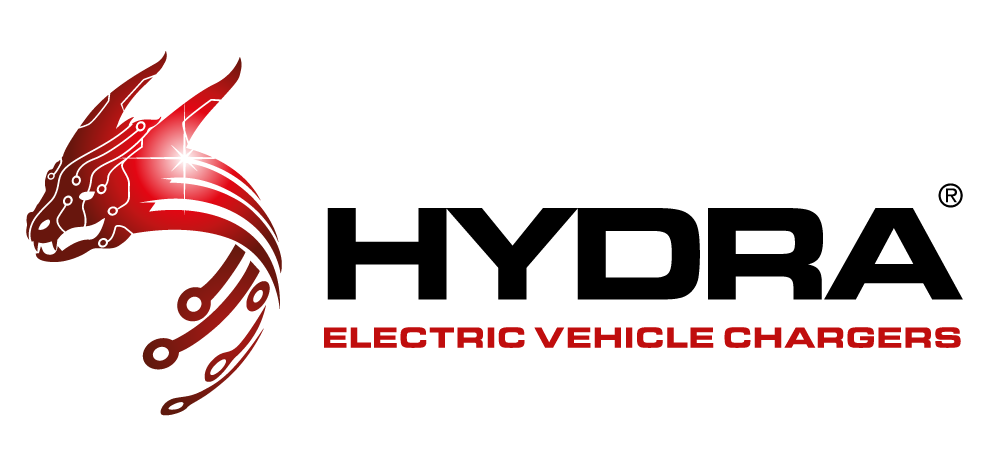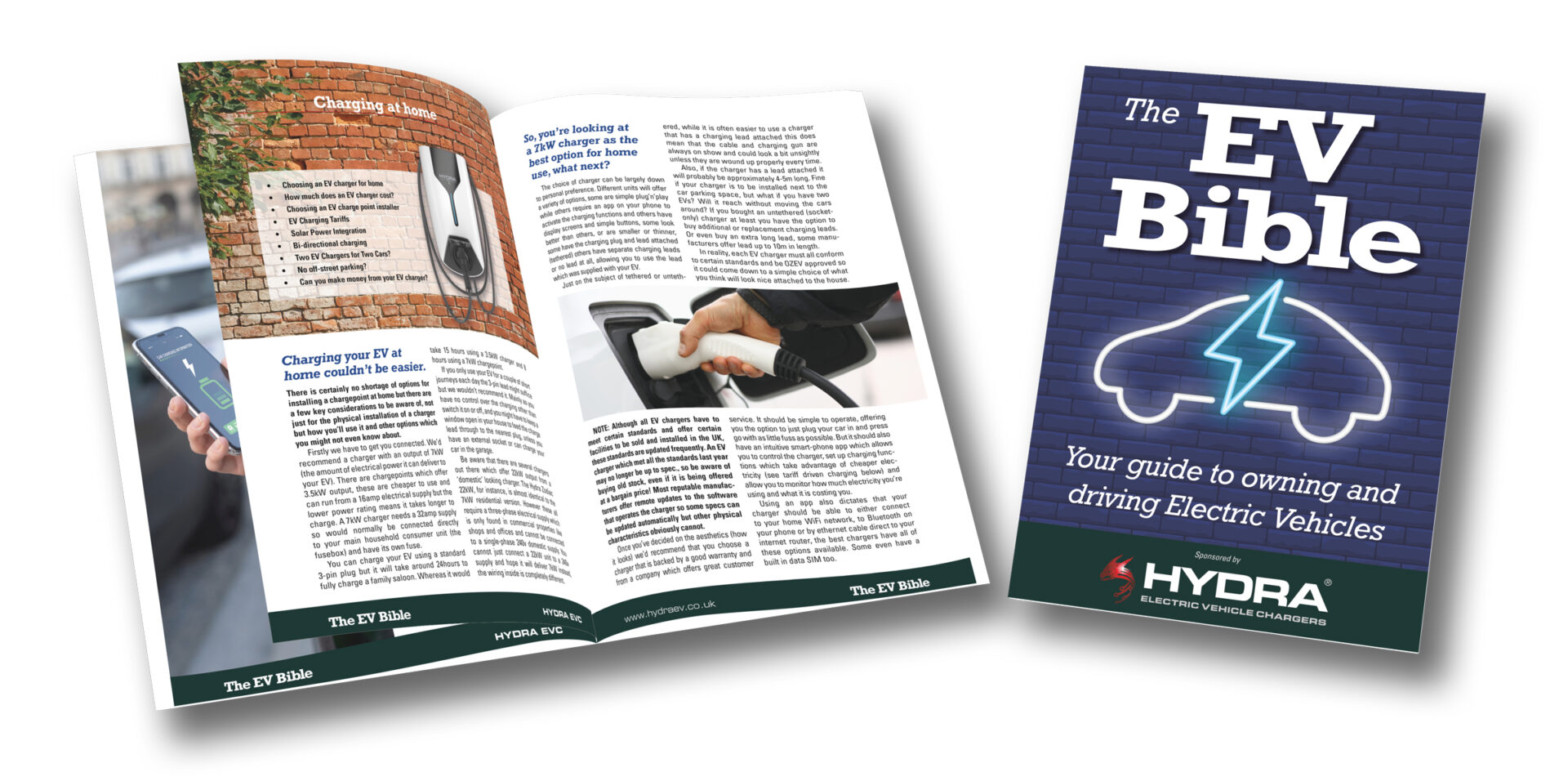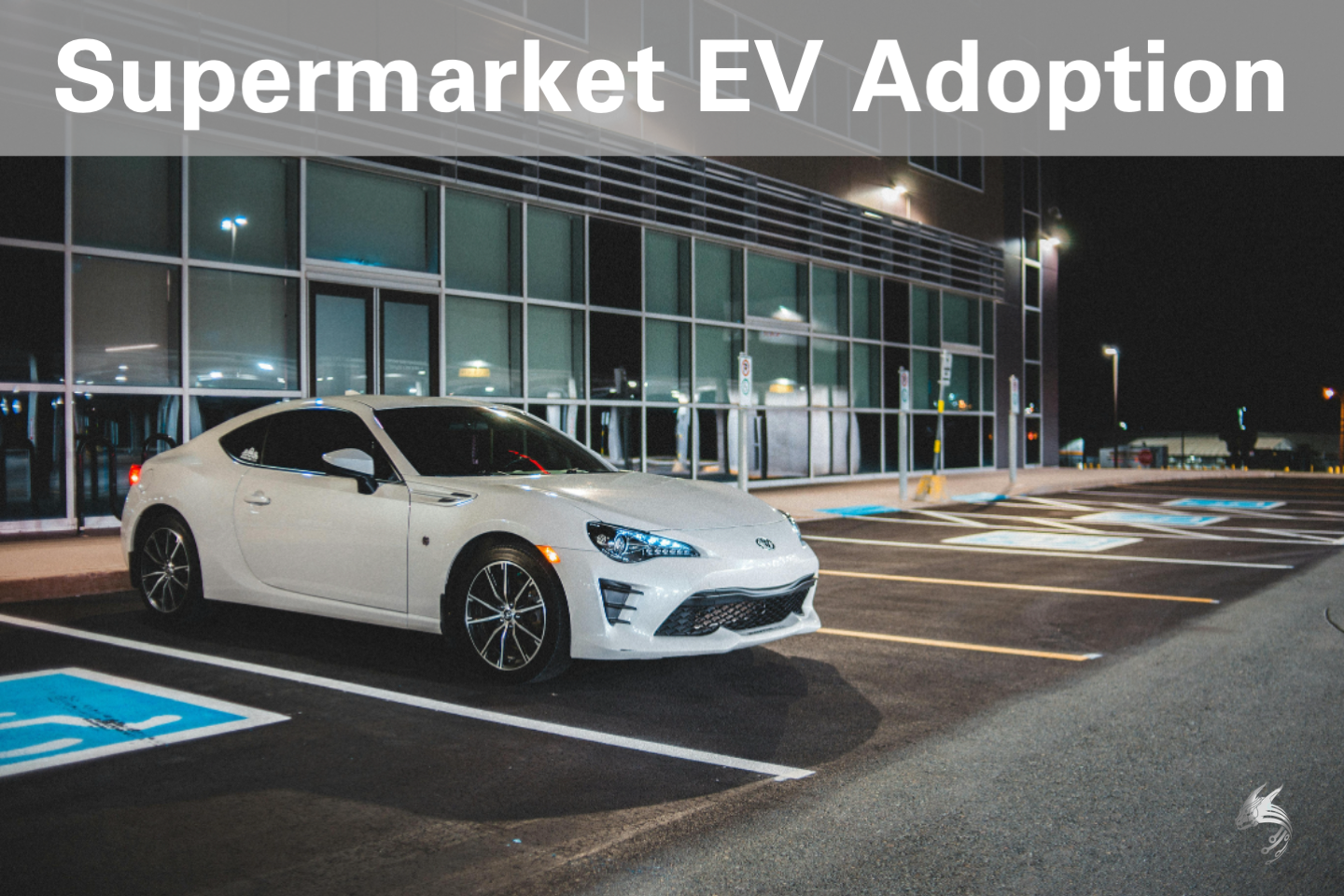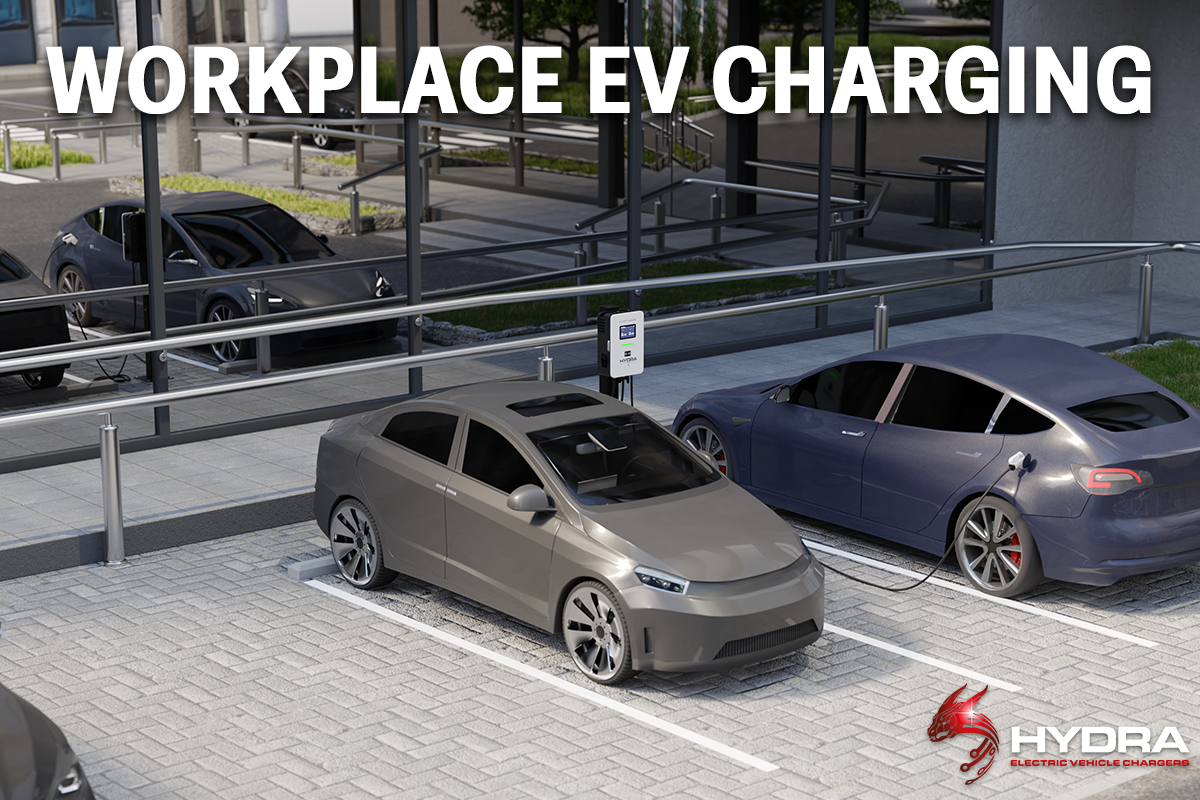Charging electric Heavy Goods Vehicles (HGVs) is a critical part of their operation, and choosing the right charger is essential for efficiency and effectiveness. Here are some key factors to consider when looking for a charger for electric HGVs:
⚡️Charging Speed:
Power Output: Electric HGVs typically require high-power charging to minimise downtime. Look for chargers with high power output (measured in kilowatts or megawatts) to ensure quick charging times.
DC Fast Charging: Consider DC fast chargers that provide faster charging than Level 2 AC chargers. The Hydra DION wall-mounted DC charger can charge at 30kW DC with little requirement for an upgrade to power infrastructure. The Hydra Goliath can charge two vehicles simultaneously.
⚡️Charging Connector:
Compatibility: Ensure the charger supports the specific charging connectors used by your HGVs, such as CCS Combo 2, CCS Combo 1, CHAdeMO, or proprietary connectors.
Multiple Connectors: Some chargers, like the Hydra Goliath, offer multiple connector types to accommodate different vehicle models.
⚡️Voltage and Amperage:
Check the voltage and amperage ratings of the charger to ensure they match the requirements of your HGVs. Higher voltage and amperage can enable faster charging.
⚡️Scalability:
Consider the scalability of the charging infrastructure. Can you add more chargers or expand the system easily to meet future needs as your fleet grows?
⚡️Location and Installation:
Choose charger locations strategically, such as at depots, rest areas, or along key routes. Ensure you have the necessary electrical infrastructure in place for installation. Look for chargers with weather-resistant and durable enclosures suitable for outdoor installation.
⚡️Network Connectivity:
Chargers that are network-connected allow for remote monitoring, maintenance, and management. Consider chargers that can be integrated into fleet management systems.
⚡️Payment and Access:
If the chargers are located in public areas, consider how payments will be handled through subscriptions, credit cards, or other methods. Access control mechanisms such as RFID cards can prevent unauthorised use and help manage access for your fleet.
⚡️Energy Management:
Chargers with energy management features and load balancing can optimise charging schedules to reduce electricity costs and balance grid demand.
⚡️Compatibility with HGVs:
Some chargers may be specifically designed for heavy-duty vehicles and offer features tailored to HGVs, such as larger connectors or higher power output.
⚡️Regulatory Compliance:
Ensure the charger complies with local regulations and standards, including safety and environmental requirements.
⚡️Maintenance and Support:
Consider the availability of maintenance and support services for the chargers. Downtime can be costly for commercial HGV operations.
⚡️Total Cost of Ownership:
Calculate the total cost of ownership, including installation, electricity costs, and ongoing maintenance, to determine the long-term cost-effectiveness of the charger.
⚡️Environmental Considerations:
Look for chargers designed with energy efficiency in mind and consider renewable energy sources to power them for sustainability.
⚡️Future-Proofing:
As technology evolves, consider whether the charger can be upgraded or adapted to accommodate new charging standards or higher power levels.
Choosing the right charger for electric HGVs is a critical decision that can impact the efficiency and profitability of your fleet operations. Careful consideration of these factors will help you select a charger that meets your specific needs.







